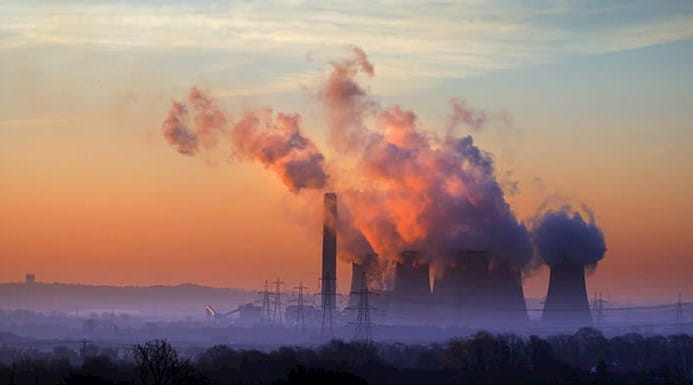The Northern Powerhouse (NPH) is a good example of how the generational challenge of climate change can be managed in a way that benefits society at large. The region is the birthplace of the industrial revolution, relying for decades on heavy, polluting industries. However, it is now pivoting towards renewable sources of energy and making clean growth opportunities central to its ambitions.
An increasing number of jobs across the North of England are being created and secured by businesses and investors who are making sustainability a core part of their economic rationale, highlighting the strong synergies between the clean growth and levelling up agendas.
Doubling down on clean growth opportunities
Collaboration between the public and private sector is an important factor behind the North’s success. As Chair of the NP11, which brings together the 11 Local Enterprise Partnerships (LEPs) from across the North, I am proud of the strong partnerships we have built over the years. We have done so in close collaboration with the Department for International Trade and colleagues in the Northern Powerhouse, who have recently launched a network of overseas officers whose mission is to facilitate Foreign Direct Investment into the North and support NPH companies in succeeding internationally.
The establishment of the new UK Infrastructure Bank in Leeds is further evidence that the region is doubling down on spearheading the clean growth agenda. Supporting more than £40bn of infrastructure investment, the bank will fund projects across the UK, with a special remit to help achieve the net-zero carbon commitment.
Finally, plans for three new freeports in Humberside, Liverpool and Teesside are also likely to draw attention from investors across the globe, rebalancing the UK’s economic geography while supporting clean growth objectives. The NPH is also determined to position itself as a global leader in the generation, storage and usage of hydrogen, with applications ranging from industrial decarbonisation and heating to green transport.
Becoming an international clean growth powerhouse
International investors and companies appreciate the significant opportunities across the NPH and many recognisable names now have offices or manufacturing sites in the region. For example, German company MAN Energy Solutions has recently announced that it is partnering with Highview Power on the world’s largest Liquid-Air Energy-Storage Project, located in Carrington Village, Greater Manchester.
There are many similar examples of major investments supporting local job creation. In the offshore wind space, for example, a new blade manufacturing facility in Teesside in north-east England was announced by GE Renewable Energy earlier this year. It could create 750 direct renewable energy jobs and possibly double as many indirect jobs in the area. Hornsea Two, meanwhile, an offshore wind farm some 89km off the Yorkshire coast, is another example where the UK and NPH were able to attract significant foreign investments to create renewable energy and sustainable jobs.
Reporting and action go hand in hand; I could not think of a better audience to appreciate this fact. The UN’s Race To Zero campaign encourages businesses from across the world to set ambitious net-zero targets by 2050 at the latest. It commits businesses to have credible action plans and to report regularly on progress.
The climate crisis is the political, ecological and economic issue that will define the coming decades. The world economy needs to shift towards a more sustainable model at an unprecedented pace. Now that world leaders have set ambitious targets for sustainability at COP26, it is time to turn those targets into tangible actions.
A sense of urgency is providing an increasingly powerful tailwind for change. Many political, finance and business leaders have understood and embraced the opportunities that come alongside this transformative task. Raising awareness of the economic risks related to climate change and supporting businesses to measure and report on environmental impacts is more important than ever.
Trade: clean growth and tech
Clean growth and the application of major emerging technologies to existing sectors are two key characteristics of trade in 2022. Add to these levelling up supported by foreign direct investment, and there are exciting future prospects for business and the prosperity of communities globally.




